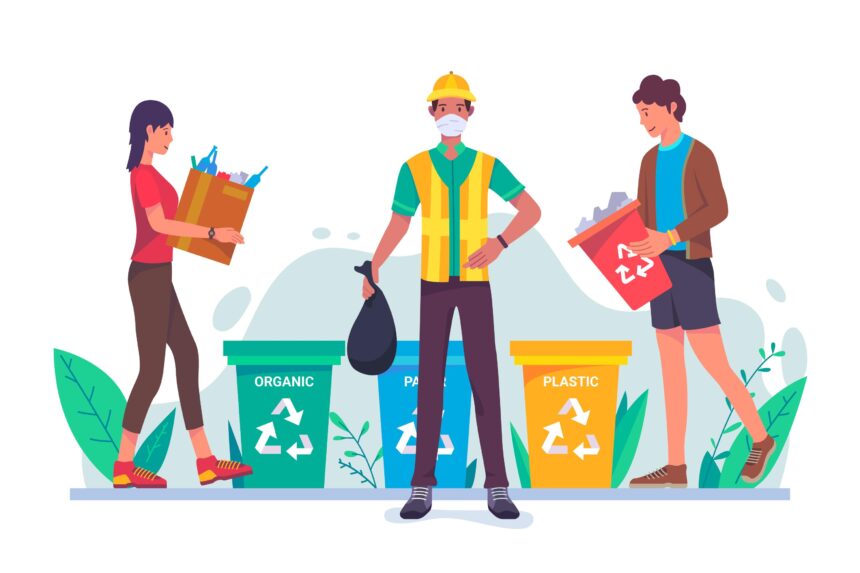In recent years, South Africa has witnessed a growing interest in community-based recycling initiatives aimed at addressing environmental challenges. One notable aspect of these initiatives is the active participation of stokvel groups, which are traditional savings clubs comprising individuals pooling their financial resources for mutual benefit. This article explores a case study that showcases the remarkable impact of stokvel investments in community-based recycling initiatives in South Africa.
The Rise of Community-Based Recycling Initiatives
South Africa, like many other countries, faces significant challenges in waste management and environmental sustainability. Rapid urbanization and population growth have led to increased waste generation, exacerbating environmental degradation. In response to this pressing issue, grassroots initiatives have emerged, driven by community members who are passionate about environmental conservation and waste reduction.
Community-based recycling initiatives have gained traction due to their potential to address waste management issues while also providing economic benefits to participating communities. These initiatives typically involve the collection, segregation, and processing of recyclable materials, which are then sold to recycling companies. The generated revenue is often reinvested in the community for various purposes, such as education, infrastructure development, and social welfare.
The Role of Stokvel Investments
Stokvels, deeply rooted in South African culture, have traditionally served as social support networks and financial safety nets for members. However, in recent years, stokvels have evolved beyond their traditional functions and have begun actively engaging in impactful community projects. One such area of interest is environmental sustainability, particularly through investments in community-based recycling initiatives.
The case study we examine focuses on a stokvel group called “Green Earth Stokvel,” based in a township in South Africa. Comprised of environmentally conscious individuals, the stokvel identified the potential of recycling initiatives as a means to tackle waste management challenges while uplifting their community.
The Impact of Stokvel Investments
The Green Earth Stokvel began by conducting awareness campaigns, educating community members about the importance of recycling and the potential benefits it brings. They organized workshops, distributed informational pamphlets, and collaborated with local schools to promote waste segregation and recycling practices. These efforts helped foster a culture of recycling within the community.
To finance their recycling activities, the stokvel members contributed a portion of their savings to establish a recycling center. The center served as a hub for collecting, sorting, and processing recyclable materials. By employing local residents, the stokvel also created employment opportunities within the community, thereby addressing socio-economic challenges.
Through their dedicated efforts, the Green Earth Stokvel successfully built a sustainable recycling model. The stokvel collaborated with local businesses and recycling companies, ensuring a steady market for the collected materials. The revenue generated from the sale of recyclables was reinvested back into the community, supporting various initiatives such as education scholarships, community gardens, and infrastructure development projects.
Moreover, the stokvel’s recycling activities significantly reduced waste sent to landfills, mitigating the environmental impact associated with improper waste disposal. By diverting recyclable materials from landfills, they contributed to the conservation of natural resources and the reduction of greenhouse gas emissions.
Conclusion
The case study of the Green Earth Stokvel demonstrates the remarkable impact that stokvel investments can have on community-based recycling initiatives in South Africa. Through their collective efforts, the stokvel members not only addressed waste management challenges but also empowered their community economically and environmentally.
Stokvels, with their financial resources and social networks, are well-positioned to support and drive sustainable initiatives within their communities. Their active involvement in recycling projects highlights the potential of grassroots movements in bringing about positive change at the local level.
As South Africa continues its journey towards a more sustainable future, the collaboration between stokvels, local communities, and government entities will be crucial in expanding and replicating the success of community-based recycling initiatives nationwide. By investing in such initiatives, stokvels can make a lasting impact on the environment, the community, and the collective well-being of South Africa as a whole.










